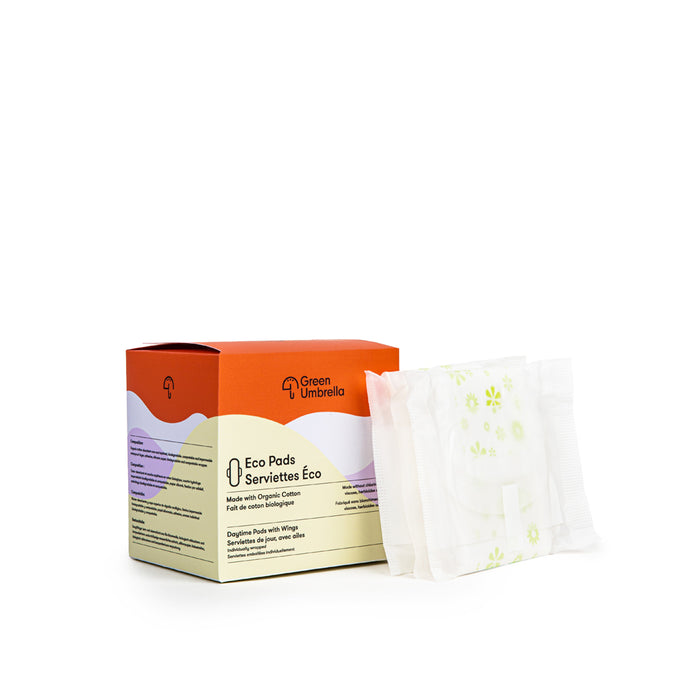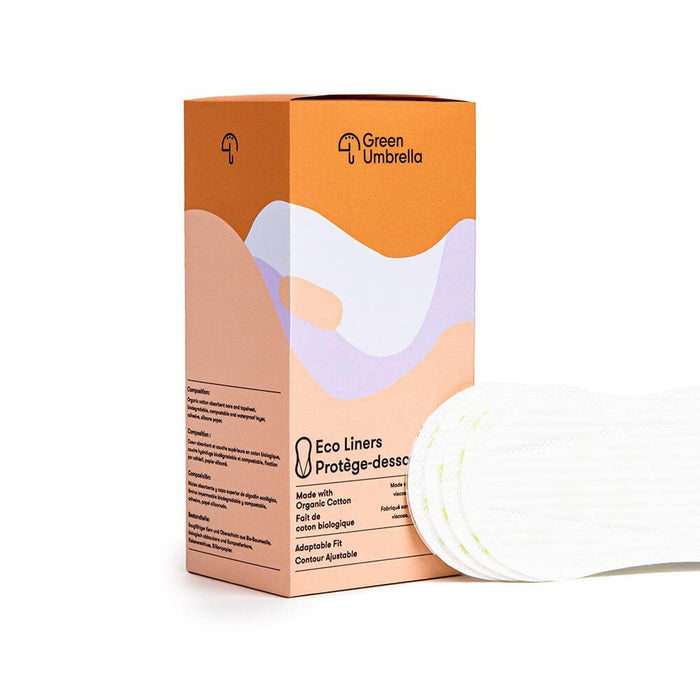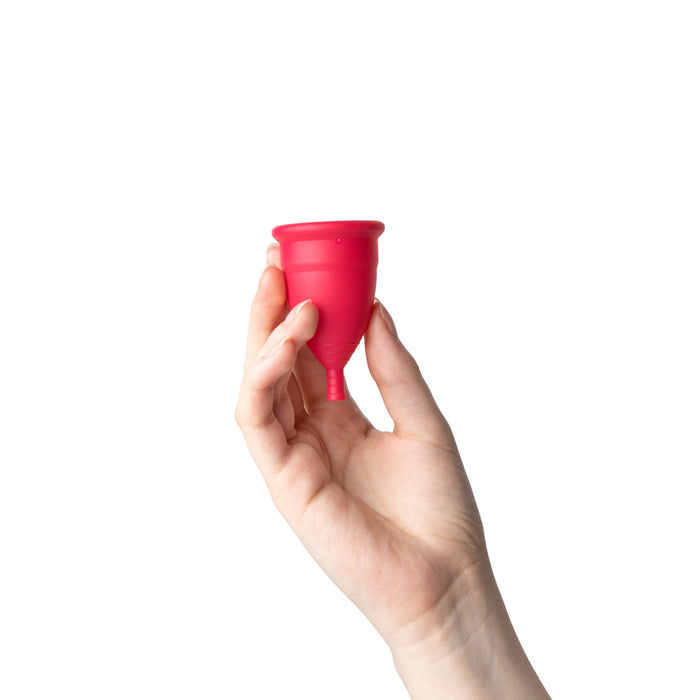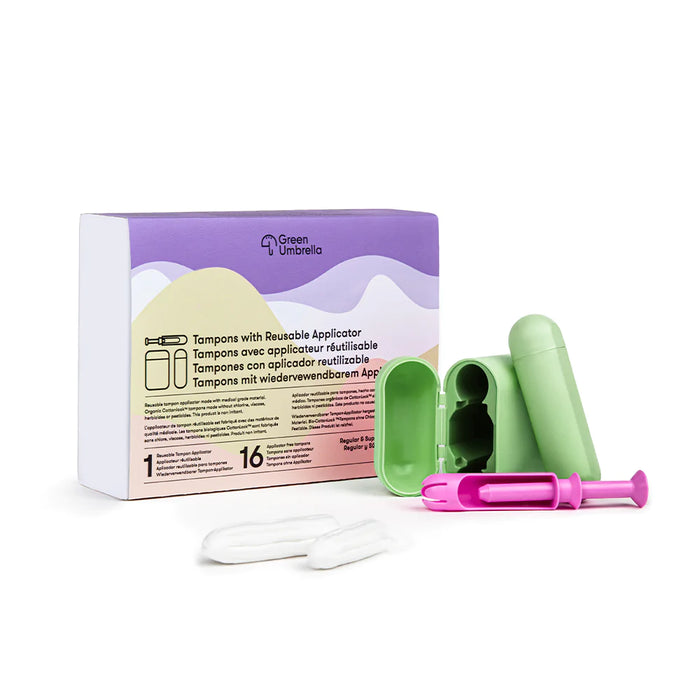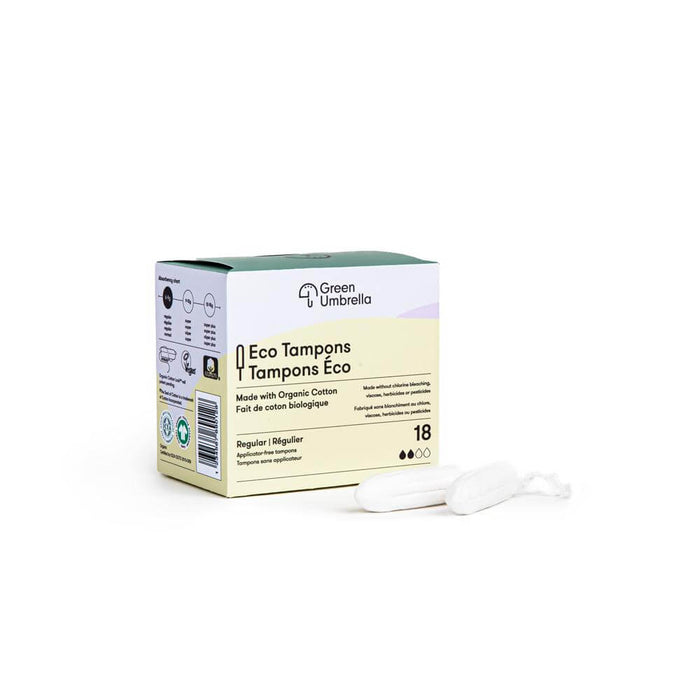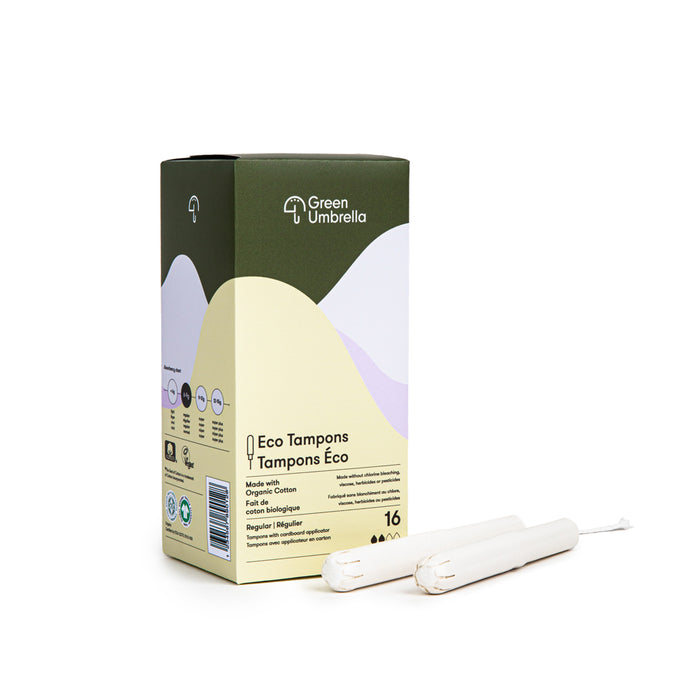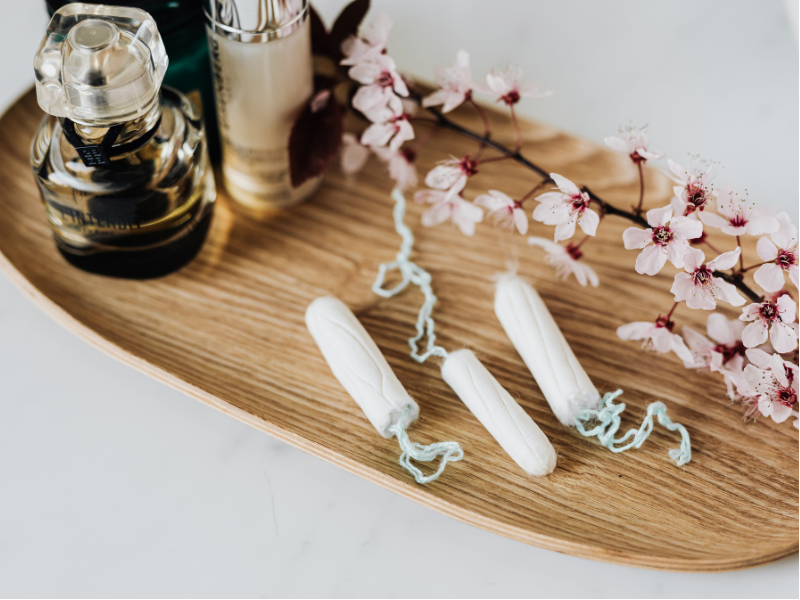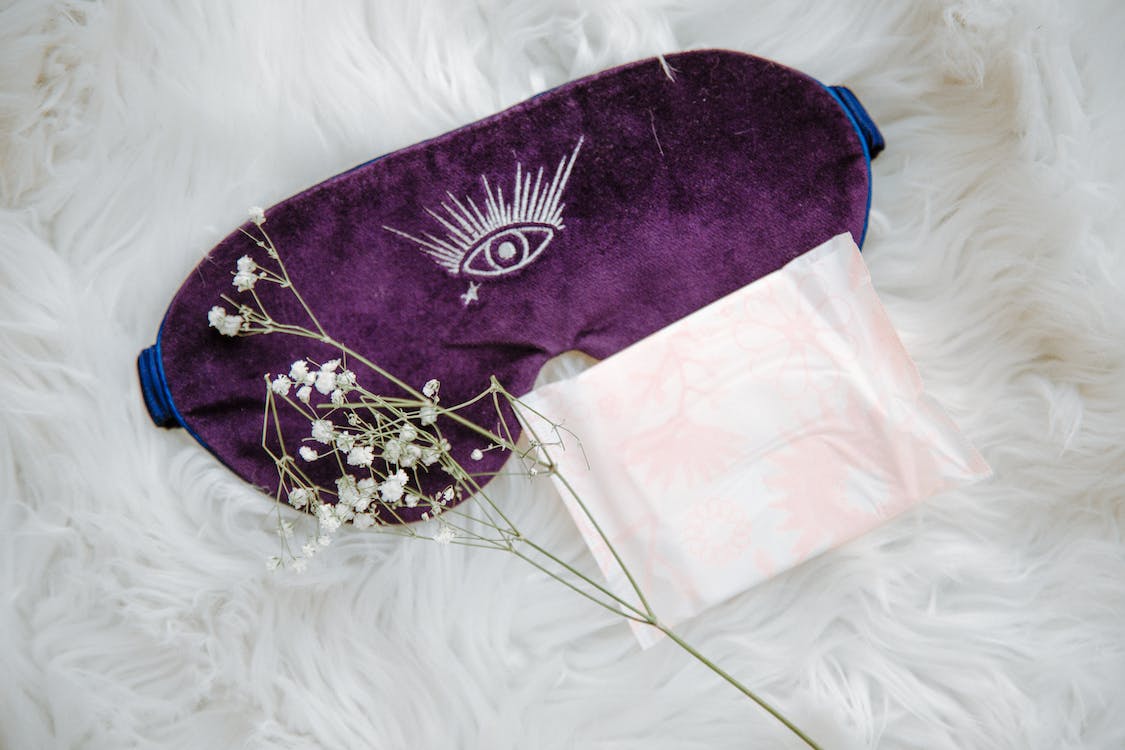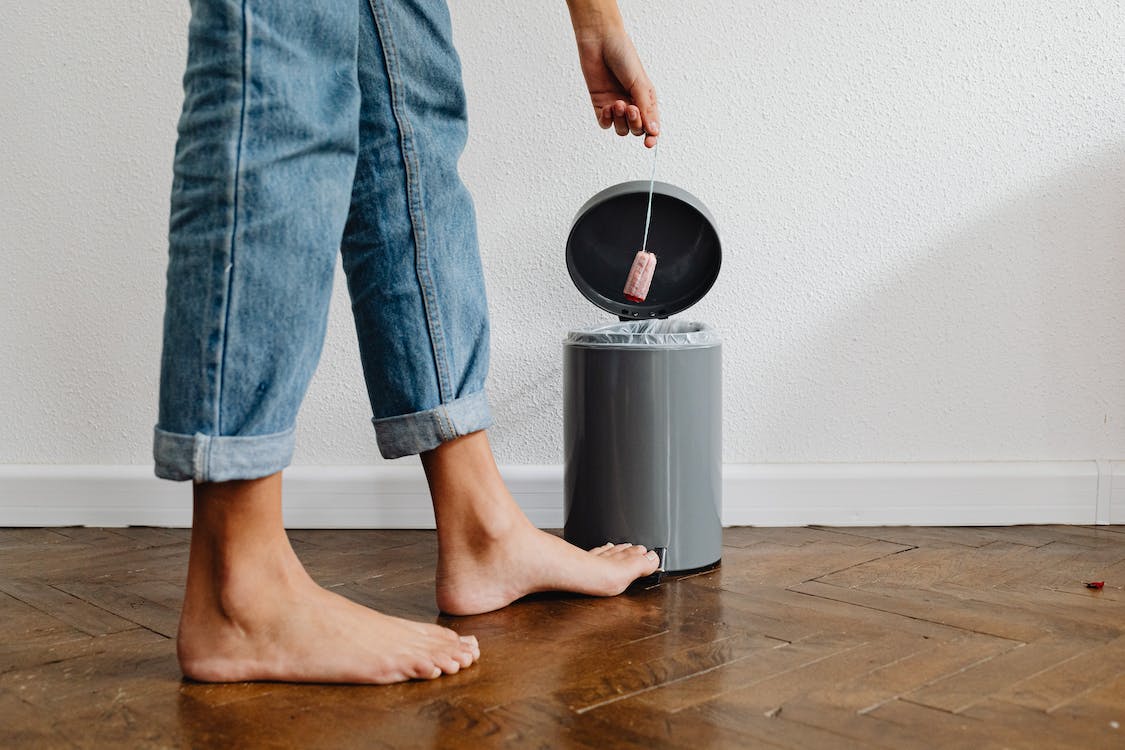If you think that composting "isn’t for you," we’ve got some news. Composting is absolutely for you if: you care about the planet, you want to make an environmental impact, or you want to make more environmentally conscious choices in your daily life. Composting is for you even if you’ve never composted before, even if you live in an apartment, and even if you have no idea where to start. At Only, composting is a natural part of our daily routines. Let’s break it down together.

What is composting?
Composting is simply the natural process of organic materials breaking down. Composting is a great way to rid your garbage of food leftovers, animal waste and other biodegradable products. Organic matter takes between 3-12 months to fully decompose and turn into a substance called humus. When organic matter is fully broken down, it is a rich brown colour, smells rather earthy, and has the appearance of dampened dirt. At its end phase, you will not be able to tell what products specifically decomposed into the humus.
If you decide to maintain a composting station, there are many factors that affect its decomposition rates such as temperature levels, how often you turn over the pile, the acidity in the items you add, and so on.
We understand that it’s not feasible for everyone to maintain a full compost pile, but these rules and tips still apply to you when you use your green bin! You can do your part to help the environment through composting by taking full advantage of your Green Bin/Waste Separation/Green Cart/Food Scraps Recycling programs* in your city.
Why should I compost?
Think of composting as recycling for organic matter. For the same reasons that you recycle your plastic containers and cardboard boxes, you should compost your organic materials. This is a safer and more environmentally friendly way to reduce your environmental impact, and to do your part in preserving our planet.
- For your earth: the decomposed humus contains plentiful amounts of nitrogen, phosphorus and potassium, creating a richer and nutrient-dense soil, which can contribute to a healthier world and happier plants
- For your water: composting breaks down and filters out harmful pollutants and toxins that seep into our waterways, lakes, rivers and oceans and cause irreparable damage to aquatic life and vegetation
- For your air: when organic waste is dumped into landfills, it generates methane gas. By composting your wasted food, these greenhouse gasses are significantly reduced, and due to fertile soils and green spaces, compost directly lowers CO2 levels in the air

How can I use compost?
The burning question… how can I use my compost?! Alternatively to emptying your green bin for collection, there are many ways that you can use your fully composted humus mixture. Since humus can hold 5x its weight in water, it is especially good for flower, plant or vegetable gardens. It reduces the need for chemical treatments, improves soil fertility, filters out pollutants that would impact your plants or trees, and improves water retention for your plants. AKA, it’s the secret sauce to a healthy garden. You can use it similar to mulch and just spread on top of your outdoor garden or potted plants.

What can I compost?*
Aside from yard waste, leaves and grass clippings, which are some of the most common compostable materials, you can also compost:
- Food waste (including: leftovers, meat, fish, bones, rice, pasta, potatoes, sauces and condiments, egg shells, bread items and pet food)
- Paper towels and facial tissues
- Tea bags and coffee grounds
- The bouquet of flowers from your birthday last week
- The seeds and scraps from the veggies that you didn’t use in your dinner
- Fruit pits and cores
- Your animal’s waste and kitty litter
- The pizza boxes and stale chips from last Friday night

What isn’t compostable?*
Despite being the best environmental alternative to throwing things directly into the garbage and landfill, there are a few things that can’t be composted. These items will either not break down efficiently, or contain harmful toxins.
- Diapers
- Clothing or any textiles
- Treated wood shavings
- Plastic wrap, plastic grocery bags, plastic milk bags
- Foil
- Used cosmetic products (Q-tips, cotton balls, floss)

Why you shouldn’t compost?
Nope. Nothing here. No reason.
Happy composting.
*Please remember to check the rules and regulations of your local garbage collection


